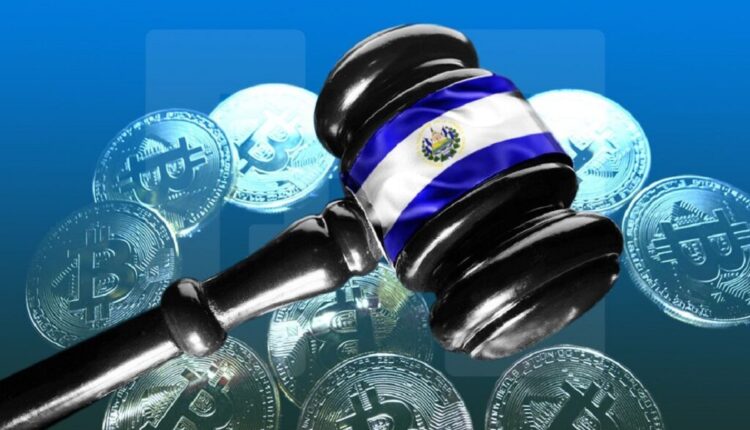El Salvador finalizes the draft of the constitutional reform
Vice President Félix Ulloa reported that the new constitution contemplates the incorporation of cryptocurrencies in the country's monetary policy
The initial draft of the new constitution of El Salvador contemplates 215 modifications made to the current constitution. Among the reforms are the extension of the presidential term, the creation of a new body that will supplant the Supreme Electoral Tribunal (TSE) and the incorporation of an eventual digital currency.
This was reported by the vice president of that nation, Félix Ulloa, who explained: “Virtual currencies are coming and that if our legislation is not prepared we will be relegated. The possibility of non-specific, non-physical currencies is contemplated in monetary policy.”
Ulloa was emphatic in stating that the new constitution will be “approved and a minute will be issued by the committee, which will include the dissenting votes of those who disagree in some aspects.” In the course of the next few days, the presentation will be made to the nation’s diplomatic corps and NGOs, then to universities and finally to organizations.
The country bets on bitcoin
The new legislative document establishesthat the reforms to the rest of the laws for their adaptation to the new legislative regime must be carried out within a period of 2 years, after being ratified in both assemblies.
As it will be recalled, the policies established in economic matters by the government of Nayib Bukele, especially those concerning the financial area and the decision to assume Bitcoin as the national currency have provoked mixed reactions both in the national territory and outside its borders.
The agency Moody’s highlighted that decisions such as the Bitcoin Law, the dismissal of magistrates and their separation from the International commission against impunity undermine confidence in the government of Nayib Bukele, reducing its ability to obtain loans from international financial institutions.
However, Bank of America, in its economic outlook report, approves the decision to adopt Bitcoin. It highlights that remittances constitute 24 % of the country’s GDP and with Bitcoin costs can be reduced, in addition to being widely used in cross-border transactions, allowing citizens to maximize their dollars.
M. Rodríguez
Source: es.beincrypto.com


